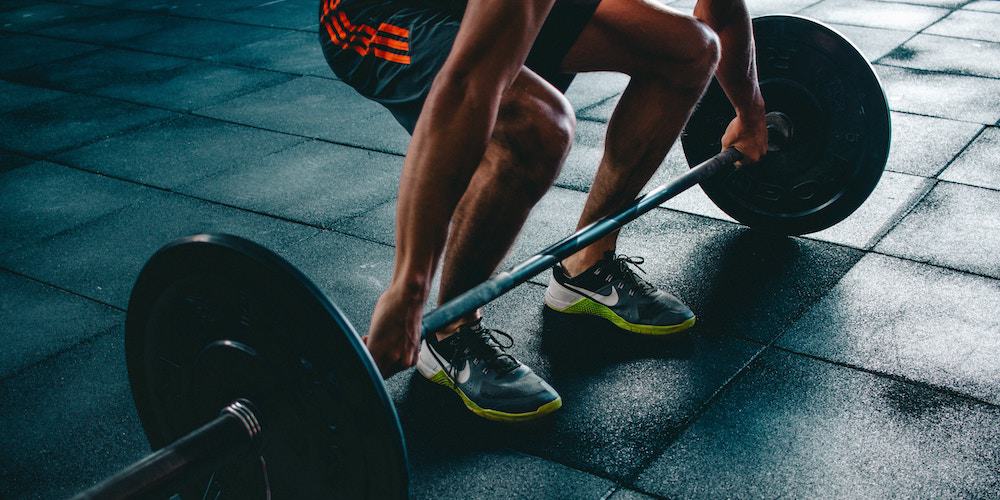Why is it a controversial product?
BCAAs, from the English Branched Chain Amino Acids, are three branched-chain amino acids and are the main subunits of our muscle proteins. They are found in protein-rich foods.
But also in the form of dietary supplements, popular among sports and particularly bodybuilding enthusiasts.
BCAAs have a controversial past. Initially, the first dietary supplements appearing on the market were synthetic BCAAs made in Asia from animal hair, feathers (ducks, geese…) or even human hair.
Unfortunately, poor quality products still exist today and even dominate the market!
How good are Vegan BCAAs?
New BCAA formulas have appeared on the market with the rise of veganism. To offer a new range, many brands have developed Vegan BCAAs made from fermented wheat or corn.
After several chemical transformations, the glucose extracted from carbohydrates present in cereals is transformed by several chemical and enzymatic steps into leucine, isoleucine, and valine.
Although labeled Vegan and not derived from animals, BCAA supplements remain an ultra-processed product.
Read also | How to choose the best BCAAs according to a dietitian
What should be scrutinized in formulations?
This dietary supplement can be found in various forms: from simple tablets to powder format to be dissolved in water.
Some powdered BCAAs have very poor nutritional quality. Here are some ingredients I consider undesirable found in certain powder BCAA formulas:
- Artificial flavors
- Preservatives: citric acid
- Artificial colorants
- Sweeteners: sucralose, acesulfame K
- Anti-caking agents: silicon dioxide
- Emulsifiers
Are BCAAs considered as doping agents?
No, they are not part of the WADA’s list of prohibited substances.

Are BCAAs dangerous for health?
BCAAs are not dangerous for health. No study has shown adverse effects in healthy individuals following their consumption.
BCAAs provide proteins that produce ammonia waste after digestion, increasing your renal filtration. I therefore advise against them for people with renal insufficiency.
Additionally, I advise against BCAAs for children, adolescents, and pregnant or breastfeeding women.
Where to find high-quality BCAAs?
BCAAs are easily found in food (1.1g of BCAAs for 2 eggs) and abundantly in dietary proteins (meat, fish, eggs).
In the form of a dietary supplement, they are found in native whey protein isolate, which is a good quality BCAA source. This whey provides about 7.5g of BCAAs for 30g of powder.
Read also | Our criteria for choosing the best whey
My final advice
💡 Should you consume BCAAs in parallel with your sports practice?
Yes, but I do not recommend consuming them in the form of isolated BCAAs.
💡 I strongly advise opting for native whey isolate
You will find it around 30€ per kilo. It will easily provide your daily BCAA quota (7.5 to 15g/day in supplementation) and will be truly effective in achieving your goals.



